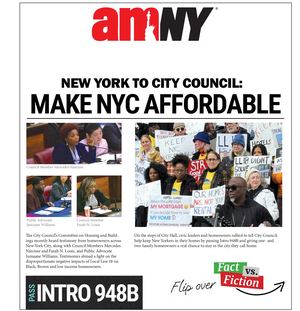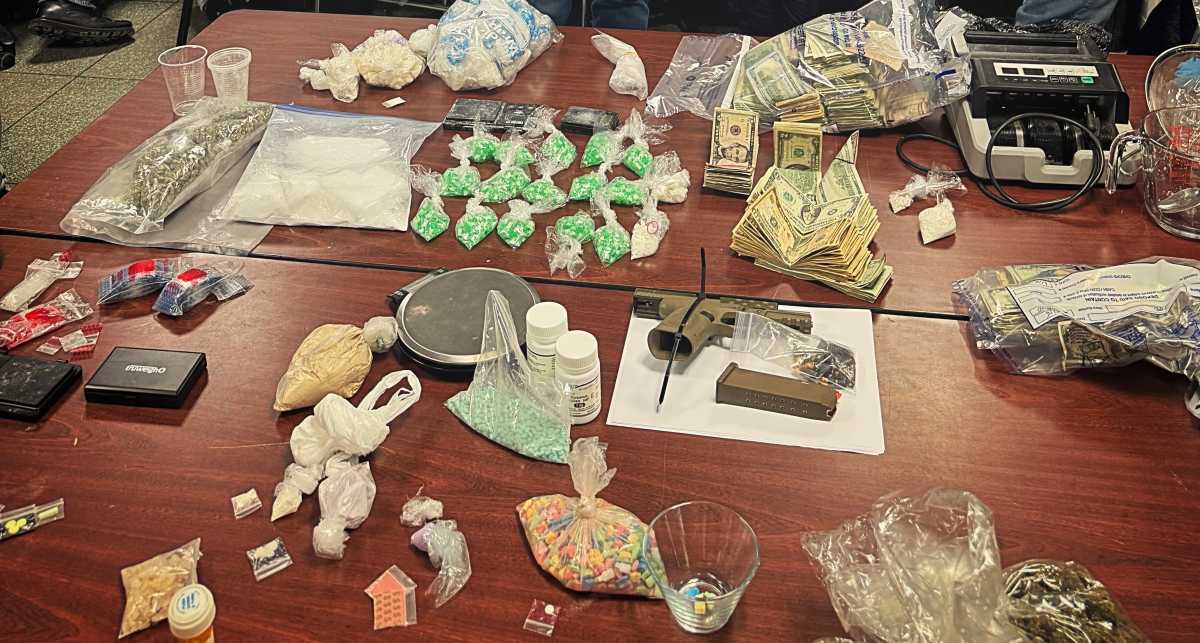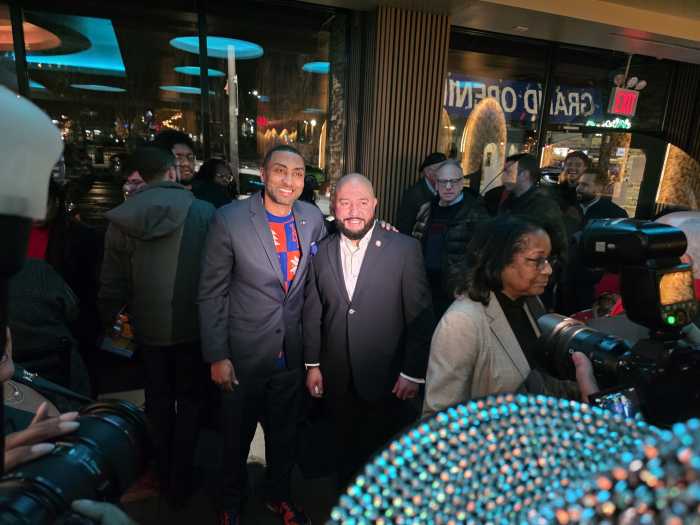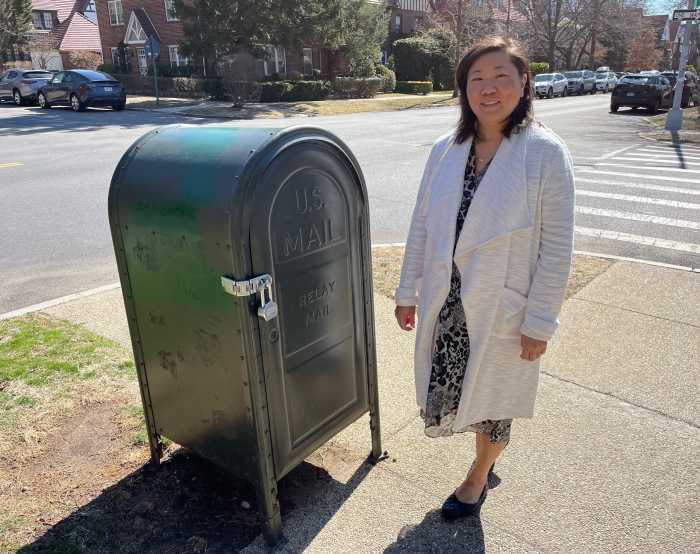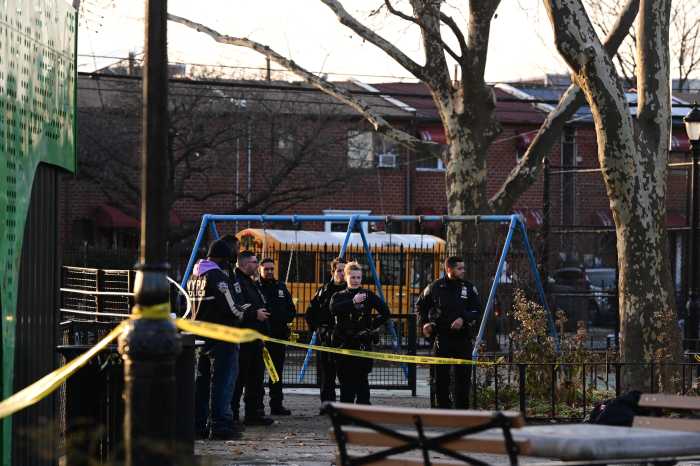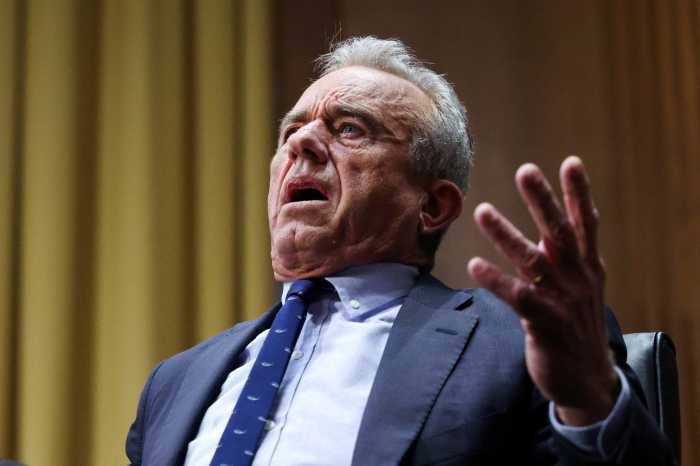After making 11 albums on his own and releasing them through Bandcamp, Will Toledo, who records as Car Seat Headrest, began getting much wider exposure last year when he signed with Matador Records.
With insightful, autobiographical lyrics and a sound that is influenced by artists like Pavement, Weezer and Guided by Voices, the 24-year-old Toledo is being praised as one of the best young songwriters in indie rock.
But it hasn’t all been smooth sailing. Just before his latest album, “Teens of Denial,” was set to come out in May, one song had to be changed due to the unauthorized use of part of a song by The Cars, resulting in the destruction of thousands of CD and vinyl copies that were about to go on sale.
amNewYork spoke with Toledo.
What was going on in your life as you wrote the songs on “Teens of Denial”?
I was finishing up my last year of college, and a lot of the album is defined by that as a transitory phase in my life. … It’s frustrating to be in a situation where I know [something’s] coming up, but I have a year still where I’m stuck in this place and I’m not sure where I’m going next.
Did you approach this album differently knowing many people would see it as your debut?
I sort of gear up when I make an album. Sometimes I’ll make something and it will seem like a minor release. This seemed like a major release while I was still making it. Things aligned well that this was also the highest profile release — by a wide margin — that I had. There are albums in my discography that also would have made a good debut album. Luckily, this was one of them.
How hard was it to change the album at the last minute because of the issue with The Cars?
It was the sort of thing that I was more used to than Matador was. I always put my albums out online by myself and I was always changing them up to the last minute. … When [the situation] first developed, it wasn’t clear if we would be able to talk it out and keep the song on the album, so I was kind of just waiting. But while I was waiting I did get an idea of, “If I did have to change it, what would happen?” I worked out a rough demo of that and the next day we got word that we would have to change it. So I just did a finalized version of what I had done the previous day.
Do people come up to you a lot and talk about the impact that your songs have had on their lives?
It’s a little strange for me. I’m not really able to respond in kind, not knowing the person. But It’s good. … For a while, I was an underground thing. I’ve slowly built up a fan base of people who are hard core about it. I was already getting those sort of emotional responses, but at the same time there was no wider recognition. That was a little overwhelming. Now that there is a certain wider attention to [my music], I also have a lot of people who are tossing forth opinions about the album — either they like it or they don’t like it — but they’re not really delving deep into it. That’s when the heartfelt reactions start to have more significance to me.
If you go
Car Seat Headrest is at Bowery Ballroom Sept. 15-16 at 9 p.m., 6 Delancey St., 212-533-2111, sold out
